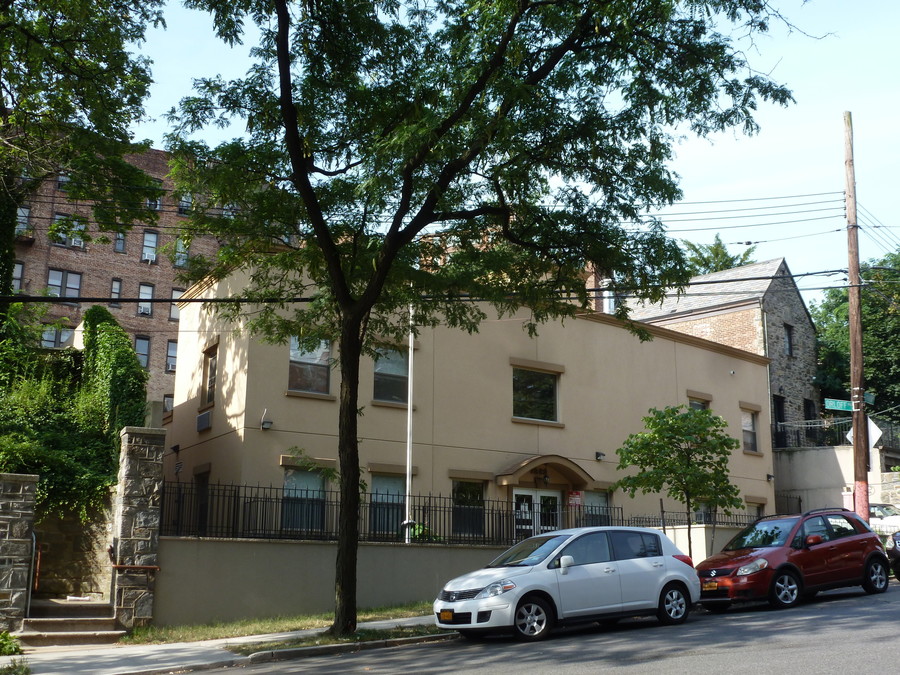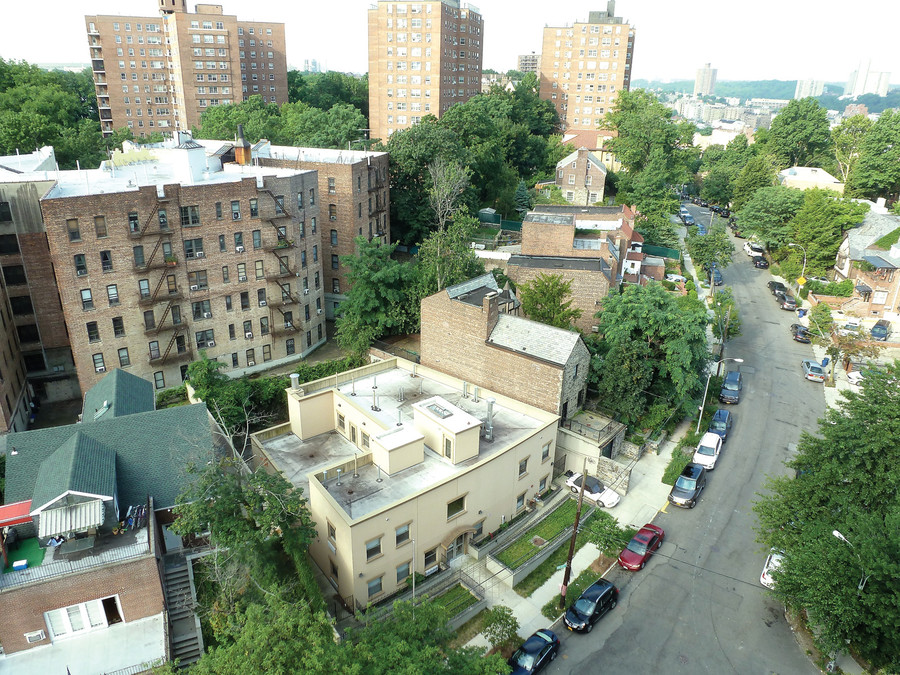Construction and communities
Public libraries offer many wonderful things. There are computers and free wi-fi hotspots that allow people to surf the web and read about all kinds of stuff on the Internet. There are tech classes for those who need a little help with getting online. There are science puzzles and story-time programs for kids. During the summer – which, in New York, sometimes feels more like an oven than a season – libraries offer air-conditioned retreats from the heat outside, so that people feel comfortable while working on those computers or science puzzles. All of that, of course, is in addition to stacks upon stacks of traditional books and magazines printed on actual paper. Libraries are wonderful.
So the announcement by local politicians on July 20 that they had allocated $2 million to help a library in Van Cortlandt Village move into a new home holds a strong claim to becoming one of the happiest developments of the month in the northwest Bronx, and arguably beyond. It is great when a library gets a comfortable home.
But, as it often happens, the good news brought along a degree of apprehension about less good things that may follow. After the Van Cortlandt branch library moves out of its old building, somebody else is certain to make a claim for the land on which the building sits. Nobody seems to know yet what might eventually get built on that land, and when people discover they do not know something important, they tend to get wary.
And they have good reason to be.
The city has shown lately that it is inclined to disregard the wishes of its communities when deciding what new construction projects go up in said communities. One of Mayor Bill de Blasio’s recent plans, known officially and euphemistically as Zoning for Quality and Affordability, would enable developers to build large-scale projects, such as apartment high-rises, without consulting the people who live in the neighborhood. The plan, whose name got shortened to ZQA in bureaucratic lingo, is packaged together with another contentious proposal called Mandatory Inclusionary Housing. (In keeping with bureaucrats’ fondness for acronyms, that second proposal predictably came to be known as MIH).
Subjecting any and all construction projects to the approval of local communities is unrealistic and probably unreasonable. Given half a chance, many communities would object to just about anything being built in their neighborhoods. Given the choice between a new park and an apartment high-rise on their block, most people would opt for a park. Trees and chipmunks might flourish, but nothing substantial would get built. We might as well all live in a village.
But disregarding community wishes when planning new construction projects also obstructs the city’s development. Much of New Yorkers’ love for their city derives from their fondness for their neighborhood communities. Reshaping those communities through top-down mandates is not a good idea.
People in Van Cortlandt Village and in many other communities have fought successfully against a number of construction sites near their homes. The building into which the Van Cortlandt library is set to move was originally intended by its developer as “supportive housing” – a term that can mean anything from a senior center to a halfway house. Some community activists denounced the developer’s plan as his supposed “revenge” for a setback he had suffered a few years earlier, when the community derailed his plan to cram three attached homes into a lot zoned for two detached homes. The developer had to tear down the half-completed structure.
The battle over the project was fierce. The developer apparently lost money. Activists lost many hours writing petitions to city officials and arguing their cause at community meetings. Nobody was happy about the whole thing. None of this would have happened if the community had gotten a chance to have its say before the first foundation stones were laid.
The structure that the developer eventually built on the lot is now set to house the Van Cortlandt branch library, and many in the neighborhood welcomed the news. But the lot that the library will be vacating should not become the new point of contention between a developer, the city, and the local community.









